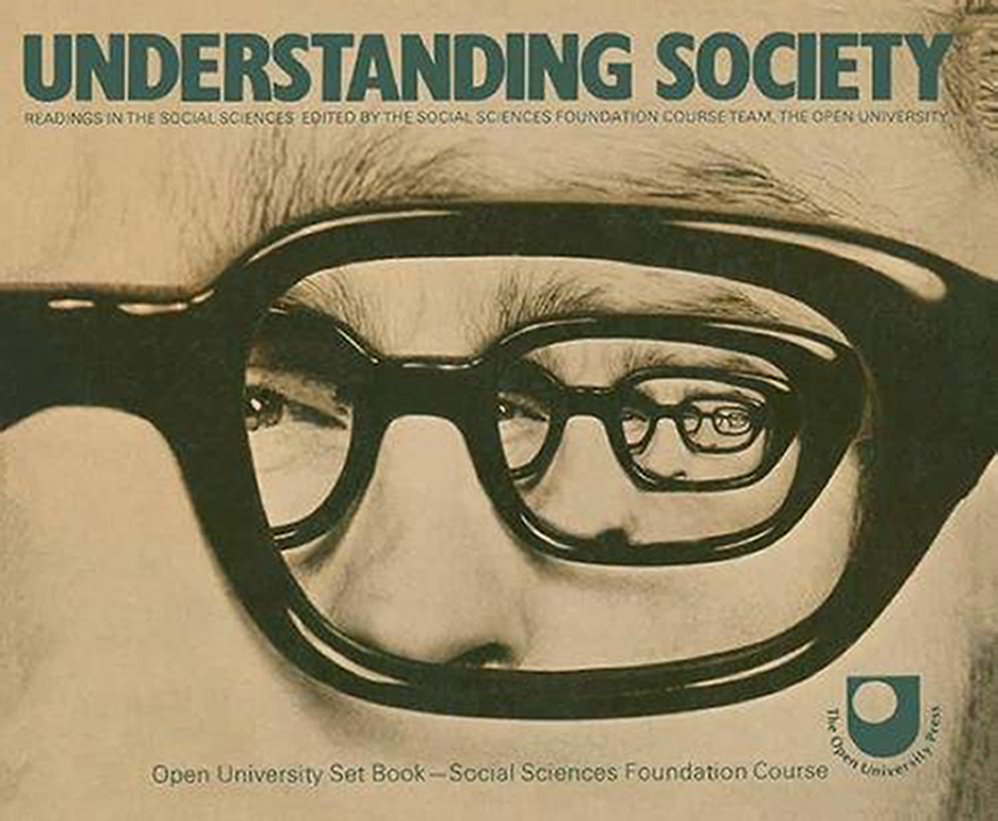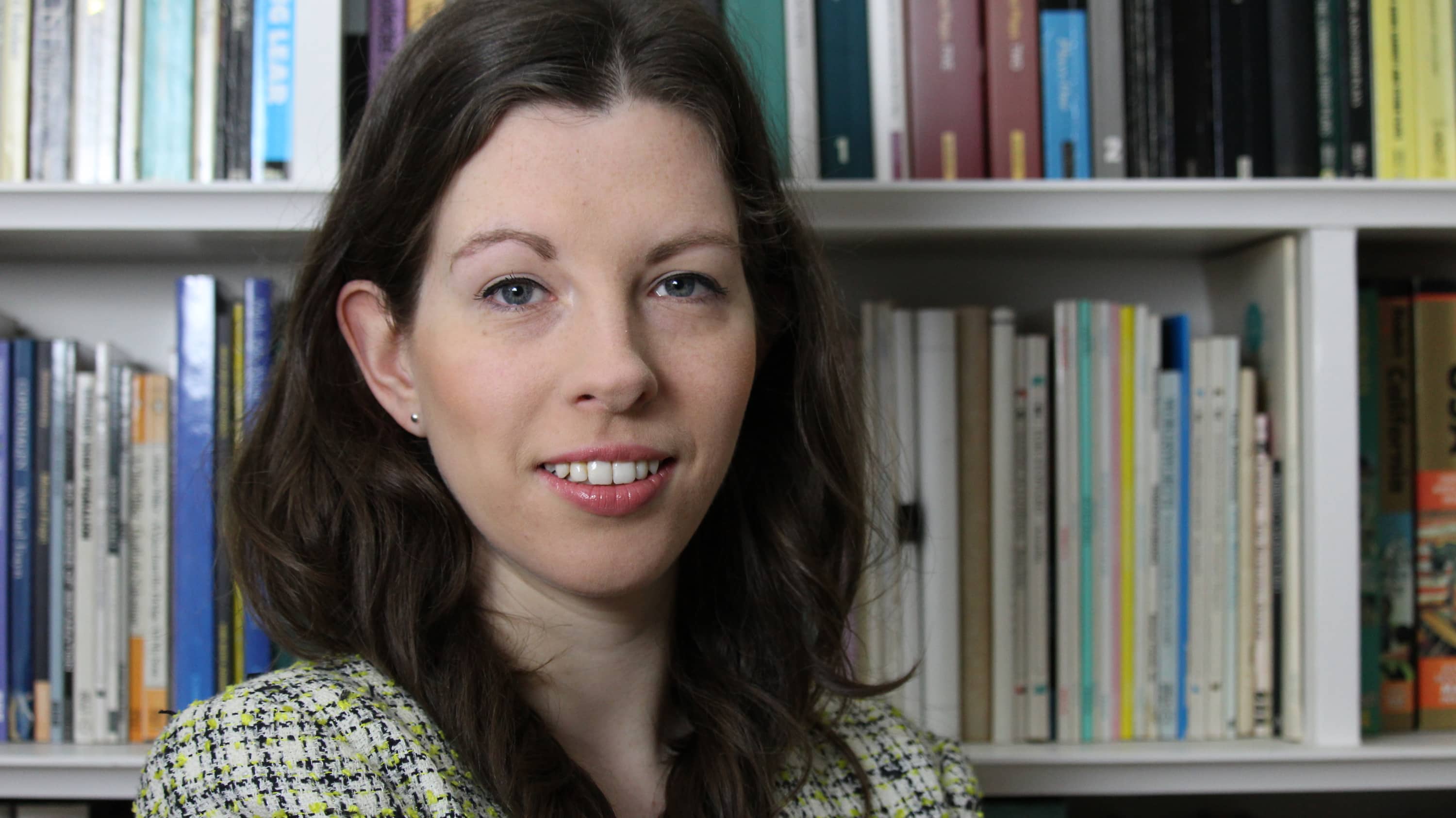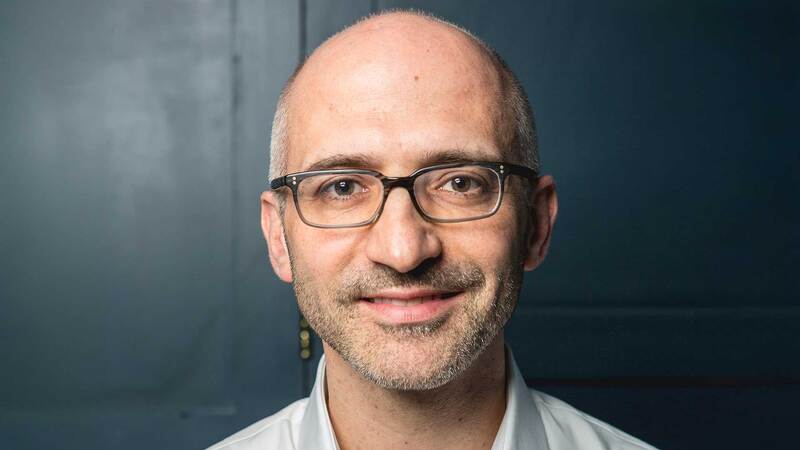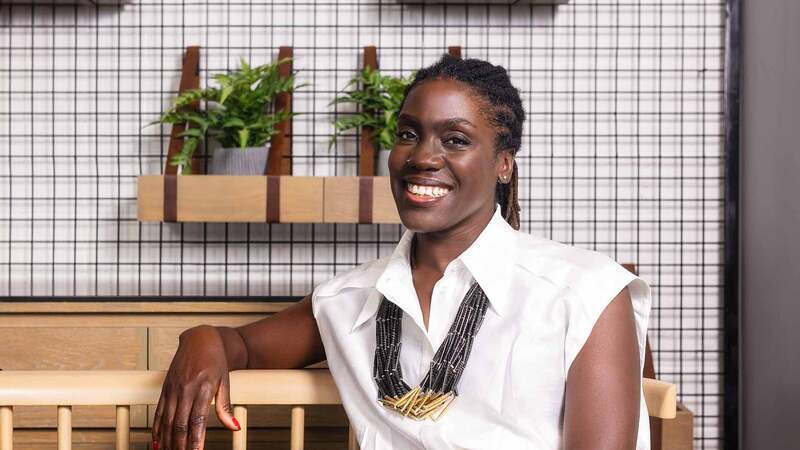You are viewing your 1 free article this month. Login to read more articles.
Pacey keeps Open University up to speed as list adapts to post-Covid market
The McGraw Hill-owned publishing offshoot of the Open University, which celebrated its 50th year in a series of virtual events, is well poised to succeed in the altered landscape after its recent purple patch
The pandemic has put the kibosh on innumerable events this year, one of which was a big 50th anniversary bash for the Open University Press (OpenUP). Half a century is a good innings for any publisher, but it was to be a particularly celebratory occasion for OpenUP and its boss, head of publishing Laura Pacey, as the press has been firing on all cylinders of late. It is fair to say that OpenUP has been completely rejuvenated since Pacey moved over from Palgrave Macmillan to run the business in January 2019. She has undertaken a programme of huge expansion for the list (the 60 frontlist titles OpenUP will publish in 2021 is triple its output in the year before her arrival), added to the editorial head count to boost the commissioning power, steered the content to a more global outlook, as well as re-shaping the press’ digital strategy.
Not that OpenUP did not celebrate its golden anniversary, but it did so in the usual 2020 way of social media engagement, online promotions, virtual events and, last month, a Zoom party with staff and the press’ bestselling and frontlist authors. Pacey says: “It was great to be able to celebrate them, with many sharing heartwarming anecdotes of past experiences, as well as looking ahead to the next 50 years.”
That future-gazing has, of course, been altered by the events of the past eight months, Pacey says. She adds: “The pandemic has accelerated the wider move away from print, so thinking about digital innovation that responds to customer need is at the heart of our plans for the next half century. While futureproofing the business, we mustn’t lose sight of what students want now. We know that most students still prefer print textbooks, for example, so we don’t have any current plans to go digital-only.”
OpenUP is something of a rarity in the university press world, in that its main parent is not the educational institution that shares its name, but one of global academic and education publishing’s powerhouses: McGraw Hill, which acquired the company in 2002. This is not out of keeping with OpenUP’s history, though. The press launched in 1970—just a year after Harold Wilson’s Labour government founded the university—in the shape of co-publishing agreements with Macmillan and a few other academic societies. Its first title, trivia buffs, was a Macmillan co-publication called Understanding Society: Readings in the Social Sciences—and its groovy early ’70s cover treatment is well worth a gander (see right).

However, the Open University is still a partner and must give OpenUP the final sign-off for its content. Pacey says: “This is similar to other university press models of having a governing board that unanimously approves projects. We’re still able to make swift decisions on projects with fortnightly meetings.”
In fact, she argues that the combination of the rigour of university vetting combined with the might of a commercial academic giant is a big advantage. She says: “We have a very strong brand on its own and our portfolio is unique within McGraw Hill. But then, we work very closely on a complementary strategy [with McGraw Hill] and of course share most of the same distribution channels and operational processes. Unlike many university presses, we have the advantage to enhance our resources using some of the most advanced technology McGraw Hill has been investing in heavily for years.”
Since Pacey joined, one of her key focuses has been to build greater links with academics and their institutions, starting with the Open University itself, but also casting the net wider. Part of that included launching an Editorial Advisory Board, a group of (at the moment) 26 heavyweight academics from across the press’ core subjects—education; counselling; psychology; coaching; research and study skills; and nursing, health and social work—whom Pacey and her team consult with regularly.
Embracing face to face
Another wrinkle last year was Pacey ensuring her commissioning team was out and about, at academic conferences and doing campus visits to “remind institutions of our mission”. She adds: “I think we retain that spirit of a smaller, independent university press and with that comes a delivery of services that are slightly different to our academic publishing competitors, who publish thousands of new titles each year. All our staff are author-facing, from editorial, to marketing, production and sales, so that we can offer close attention to every project and build longlasting relationships.”
That travel obviously came to a grinding halt in 2020, but like most, the team has switched to social media and attending academic events virtually—while, like many in publishing, adjusting to the new home/work balance. Pacey seems some upsides to this new normal: “It will be interesting to see whether physical conferences resume next year, as online conferences are more accessible for many and allow greater attendance from academics from smaller institutions and poorer countries. In academic publishing more generally, I suspect we will see an increase in research from the oft-neglected global south, as conference speakers become more diverse and [the events] truly global.”
Of course, the huge challenge was the sudden shift of its core customer behaviour—with university closures, students were suddenly not able to access books as they had been, while professional health practitioners’ entire ways of working with patients was changed overnight. Pacey says: “It was a survive, rather than thrive environment, and we predicted that personal development and further study would take a back seat. But we’re seeing our usual sales patterns resume this autumn, which indicates a positive return to self-investment and learning.”
Having said that, OpenUP has done well in 2020, with sales up 9% year on year. Print still rules, with around 75% of sales from physical books, though that represents a significant shift from 2019’s 85% print share. As OpenUP’s financials are not stripped out of McGraw Hill’s, Pacey cannot give specifics on revenue, but she says “we are a multi-million-pound company”. (McGraw Hill’s last Companies House annual report showed sales of £47.4m for its British-based business; OpenUP’s revenue through BookScan, not the most indicative measure for academic publishing, was £1.1m in 2019.)
Going forward, Pacey wants to continue to focus on diversity, and she means this in a variety of ways. First, there is OpenUP’s digital offer with its online learning centres, which enhance specific titles with resources such as videos, test questions and data sets. Secondly, globally, with much of its content now having a more international flavour. And crucially, in the authors the press commissions—Pacey particularly hails the press’ Editorial Advisory Board member Professor Erica Joslyn, part of the Black Female Professors Forum, in helping its inclusivity push. And it is doing so while all the while keeping firmly within the Open University’s core of lifelong learning, with resources for study and professional development. Pacey says: “I think the key to running a press is retaining that sense of identity, playing to your strengths, and listening to your customers’ needs. The Open University ethos is always going to be central to our mission—and as the OU were pioneers in remote learning, I am excited to see how, say, our digital strategy can evolve to support learners’ changing needs.”










